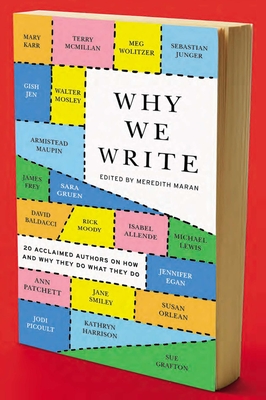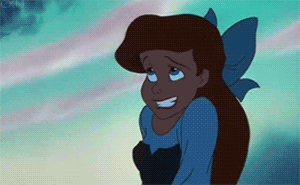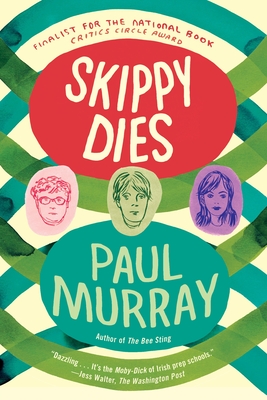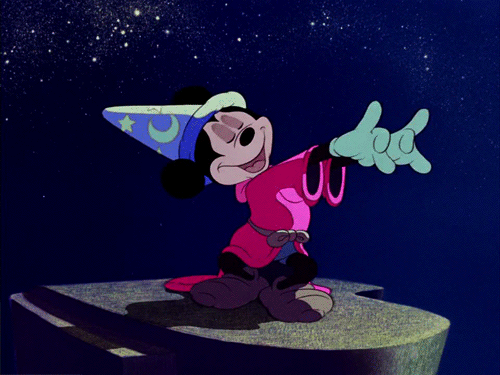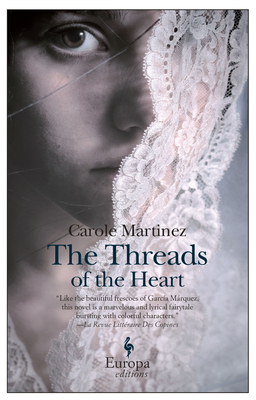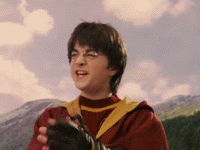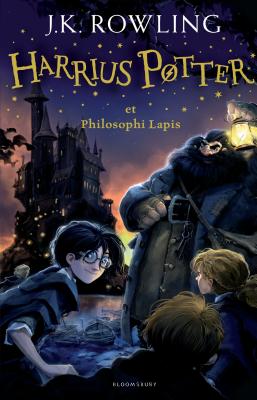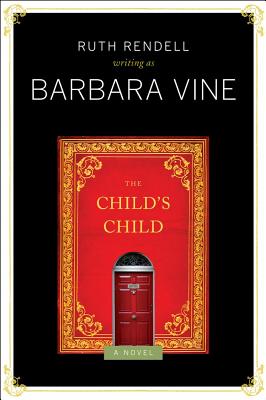Well, I am officially 112 pages into War and Peace, and, as Goodreads so helpfully tells me... 9% complete. It's a bit daunting to read 112 pages and feel like I haven't made a dent in the book yet, but so far, so good. At least for the parts I could follow.
Besides the length, what I find most difficult about this daunting novel so far is the characters and context; I know little to nothing about the Napoleonic Wars,* and, as I learned in reading Anna Karenina** last year, even less than that about Russian naming practices, which is making a lot of this hard to follow. But thus far, the Russians are going to war because Napoleon is, well, being too Napoleonic for their tastes, and the women are upset about it, and the men are valient and proud.
In the midst of all of this, Anna Mikhailovna has no money and her son is going off to war and her son's godfather, of an undetermined relation to Anna herself (can anyone help me out with that bit?), is about to die, leaving most of Russia and probably parts of Europe concerned with what the poor ailing Count will do with his vast fortune upon his death. Anna is simultaneously annoying as shit and admirable as anything in her perseverance in procuring some sort of money for herself, or her son, or the Count's illegitimate son, Pierre, who then may or may not turn around and give some money to herself, or her son.
Someone please stop me if I'm mangling Tolstoy, but writing it down seems to help make sense of it all.
As with Anna Karenina, I am again struck by Tolstoy's continued ability to make the most miserable of activities come so vividly to life that we cannot help but relate them to our own experiences; as the Count lays in pain, suffering from another stroke, we feel with full brunt force the awkwardness of Anna and Pierre's presence in his chambers, the inappropriateness of Anna's actions, and the embarrassment, or discomfort, or impatience of both father and son as the ailing father finds himself in need of medical attention---in this case, something as simple as being turned on his side--but is yet again unable to provide it for himself. Dependency is never pretty, even in Napoleonic Russia, it seems.
Other thoughts, in no particular order:
- These Russians spoke a damn awful lot of French.
- There's an awful lot of hubbub about the adjutant positions, and whether or not men should get them/want them/deserve them or not.
- For reasons I can't entirely grasp, Tolstoy keeps referring to the poor little princess' hairy upper lip, which is quite distracting, and makes me wish I could march back in time/to Russia with some Nair so we can handle it and move along.
Other than that, and the length, I'm enjoying this. Though I'll probably need to do some very academic reading of the Napoleonic Wars on Wikipedia this week before diving in to Part II.
---
*What I do know comes from working for Osprey Publishing and seeing the names of battle repeated in book titles for 2 years.
**I read Anna Karenina as a warm-up, if you will. Get my feet wet with Tolstoy before diving into War and Peace. It was mostly a stalling tactic, though, to put off actually starting War and Peace.
---
*What I do know comes from working for Osprey Publishing and seeing the names of battle repeated in book titles for 2 years.
**I read Anna Karenina as a warm-up, if you will. Get my feet wet with Tolstoy before diving into War and Peace. It was mostly a stalling tactic, though, to put off actually starting War and Peace.
---
War and Peace | Leo Tolstoy, trans. Richard Peaver and Larissa Volokhonsky | Vintage Classics | 2011 (originally published 1865) | Paperback | 1248 pages | Buy from an independent near you

